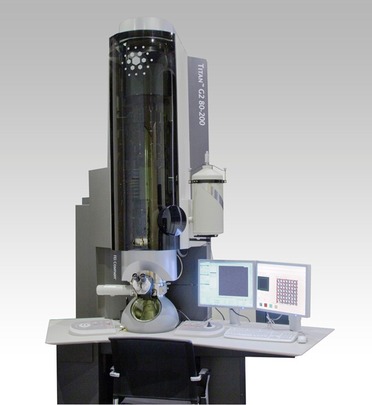
The University of Manchester has recently installed the Titan G2 80-200 scanning transmission electron microscope (S/TEM).
The procurement of the new S/TEM from FEI was funded as part of an £8 million ($12.8 million USD) UK government investment for nuclear materials research at Manchester’s Dalton Nuclear Institute.
The Titan G2 80-200 S/TEM will enable researchers to study the structure and elemental composition of materials at the atomic level, assisting them in building a greater understanding of their behavior and modification under certain conditions.
“The new Titan microscope will play a critical role in our work to ensure the optimum performance and reliability of materials used in nuclear power generation,” stated Professor Grace Burke, director of the Materials Performance Centre (MPC), University of Manchester.
“This research, primarily undertaken by the Nuclear Advanced Manufacturing Research Centre (Nuclear AMRC) and the MPC at The University of Manchester, will have benefits throughout the civil nuclear power supply chain.
“For example, enhanced understanding of the effects of corrosion and irradiation embrittlement on reactor pressure vessel materials can be used to aid future manufacture and extend plant life. Similarly, the performance and longevity of cladding alloys for fuel rods may be optimized with increased knowledge of the effects of irradiation on the atomic structure and composition of materials.”
The imaging capabilities of the Titan G2 80-200 S/TEM also bring new potential advantages for research on graphene, an area in which the School of Materials is highly active.
Two University of Manchester scientists, Professor Andre Geim and Professor Kostya Novoselov, won the Nobel Prize in 2010 for their pioneering work with graphene?the world’s thinnest material.
The Titan microscope’s high-angle, dark-field imaging capability can potentially enable the discovery of new information about the electrical properties of graphene.




